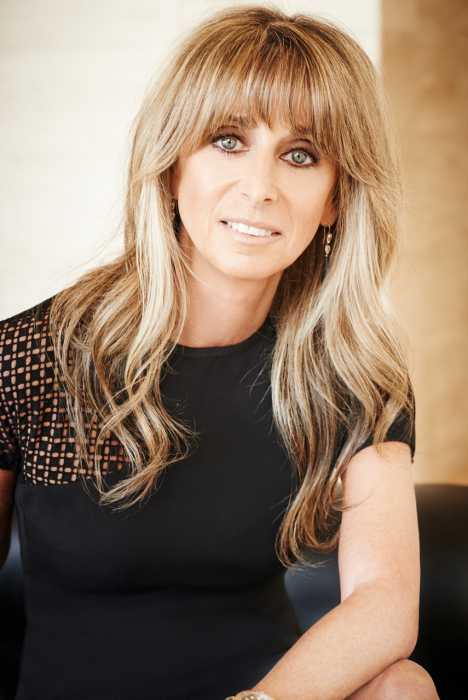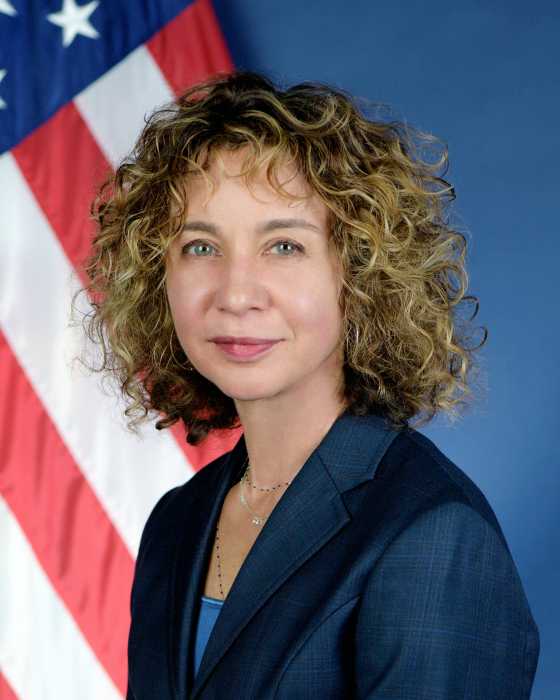Bonnie Hammer is vice chairman at NBCUniversal. As a strategic advisor to Jeff Shell, CEO, she leverages her strong business and creative experience, broad industry relationships, and long-standing commitment to prosocial advocacy to further company initiatives. Over the course of her leadership tenure at NBCUniversal, Hammer previously was chairman of cable entertainment, direct-to-consumer and digital enterprises, as well as most recently the company’s Universal Studio Group.
What steps still need to be taken to increase gender parity?
Gender parity has grown past just a pay gap to also include the necessary changes needed to provide women with the infrastructure they need to thrive in the workplace. This includes loosening our grip on in-person office requirements and the typical nine-to-five workdays, as well as dedicated lactation rooms, affordable on-site care and so much more.
We also need to implement gender-neutral leave policies for new parents — and aggressively encourage fathers to use them. When men, on average, take just one day of parental leave for every month a woman takes, they unintentionally reinforce sexist stereotypes and harm new moms, who end up hitting a “maternal wall” when they do take longer leave.
Companies should widen the hiring pool for parents who’ve left the workforce. At NBCUniversal, we’ve been doing this for years through our “Returnships,” which offer comeback opportunities for people who’ve put their careers on hold, in many cases to devote their time to parenting. As a result, our company is attracting more ambitious working women than I could have dreamed of back when I started here a few decades ago. I am pleased to see that this is becoming a bigger hiring trend in business.
If you could have dinner with any three women from history, who would they be and why?
Athena — goddess of wisdom, inspiration, strategic warfare, and the arts . . . all of the things I’ve needed throughout my career. Coco Chanel — a businesswoman who was both savvy and stylish. KiMae — my daughter, who is part of my history, who keeps me in the moment, teases my curiosity, and indulges my emotions.
What advice or wisdom would you share with a younger version of yourself?
Enjoy the journey. Don’t concentrate on the woes of the past or the wishes of the future — the best way to live is to embrace the present.















